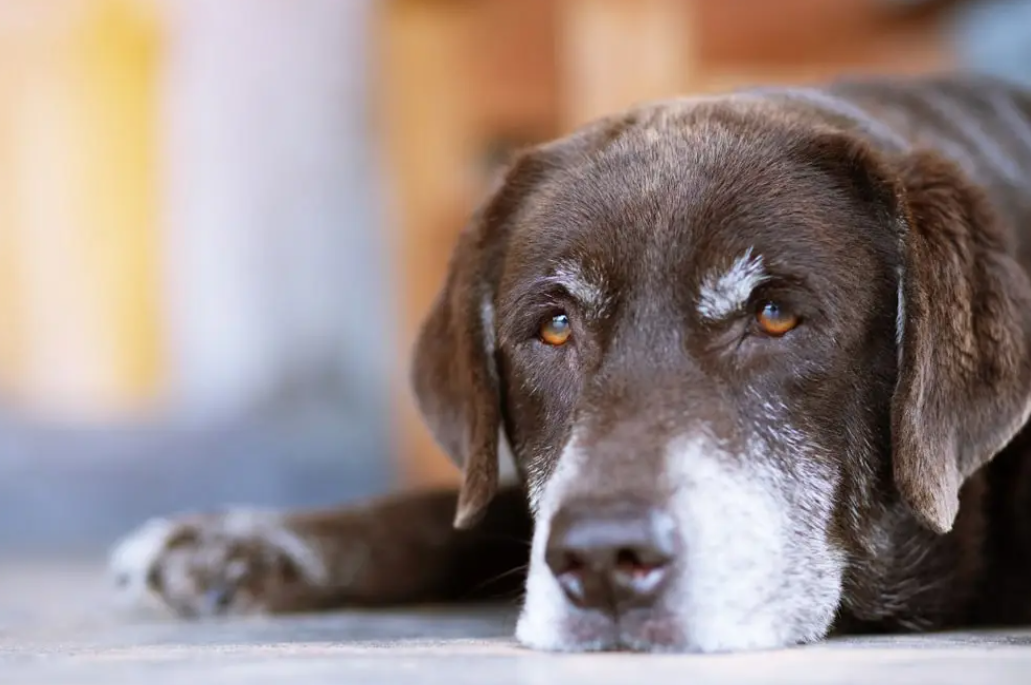As dogs age, their needs change, requiring adjustments in diet, exercise, and daily care to ensure they stay happy and healthy. Senior dogs may face health challenges such as arthritis, reduced mobility, and dietary sensitivities, but with proper care, they can continue to live fulfilling lives. Here’s how to support your aging companion.
Nutrition for Senior Dogs
A well-balanced diet is crucial for maintaining your senior dog’s health. As metabolism slows down, dietary adjustments may be necessary.
- High-Quality Protein – Older dogs still need protein for muscle maintenance, but it should be easily digestible and not overly taxing on the kidneys.
- Joint-Supporting Nutrients – Look for foods enriched with glucosamine, chondroitin, and omega-3 fatty acids to support joint health and mobility.
- Lower Calories, Higher Fiber – Since senior dogs are often less active, a diet lower in calories can prevent weight gain, while fiber aids digestion.
- Hydration is Key – Older dogs may not drink as much water, so ensure they stay hydrated by adding wet food or water to kibble.
- Regular Vet Consultations – A veterinarian can recommend special diets if your dog has conditions like diabetes, kidney disease, or obesity.
Exercise for Aging Dogs
While senior dogs may not be as energetic as they once were, regular activity is still important to maintain mobility and mental well-being.
- Low-Impact Activities – Gentle walks, swimming, or short play sessions can keep joints flexible without putting too much strain on aging limbs.
- Shorter, More Frequent Walks – Instead of long hikes, opt for several shorter walks throughout the day to prevent fatigue.
- Mental Stimulation – Keep your dog’s brain active with puzzle toys, scent games, and light training sessions.
- Watch for Signs of Discomfort – If your dog is limping or reluctant to move, consult a vet to adjust their exercise routine.
- Weight Management – Excess weight puts extra strain on joints, so ensure your senior dog maintains a healthy weight through diet and activity.
Ensuring Comfort in Daily Life
Making small changes to your home and routine can improve your senior dog’s comfort and quality of life.
- Orthopedic Beds – Provide a soft, supportive bed to cushion aging joints and improve sleep quality.
- Easy Access to Food & Water – Raised bowls can reduce strain on the neck, and multiple water stations encourage hydration.
- Temperature Considerations – Senior dogs are more sensitive to extreme temperatures. Keep them warm in winter with a sweater and cool in summer with shade and fresh water.
- Regular Grooming – Older dogs may struggle with self-grooming, so brushing, nail trimming, and ear cleaning are essential for hygiene.
- Routine Vet Visits – Senior dogs should have check-ups at least twice a year to catch potential health issues early.
Recognizing Common Health Issues in Senior Dogs
Aging dogs are prone to certain health concerns. Being aware of these issues can help you address them promptly.
- Arthritis & Joint Pain – Look for stiffness, reluctance to move, or difficulty standing up. Joint supplements or pain management from a vet can help.
- Dental Problems – Bad breath, difficulty eating, or swollen gums may indicate dental disease, which requires professional care.
- Vision & Hearing Loss – If your dog is bumping into objects or not responding to commands, they may be experiencing sensory decline.
- Cognitive Decline – Disorientation, increased anxiety, or changes in sleep patterns could be signs of canine cognitive dysfunction.
- Incontinence – Accidents in the house may indicate bladder control issues or underlying medical conditions.
Final Thoughts
Caring for a senior dog requires patience and attentiveness, but with proper nutrition, gentle exercise, and home adjustments, you can ensure they enjoy their golden years comfortably. By staying proactive about their health and well-being, you’ll continue to share a loving and fulfilling bond with your aging companion. How do you support your senior dog? Share your experiences in the comments below!


